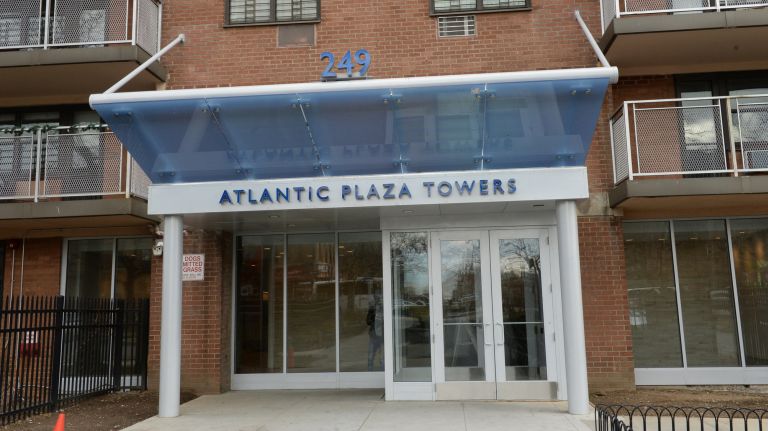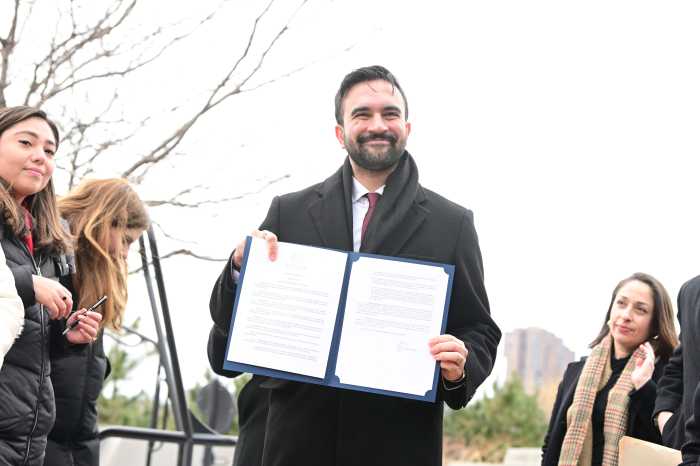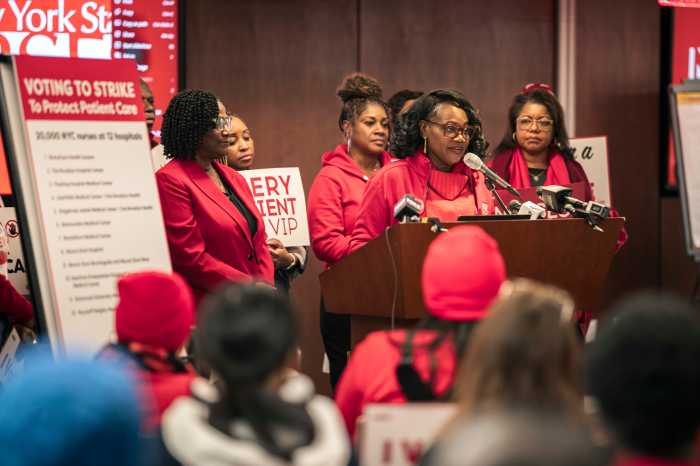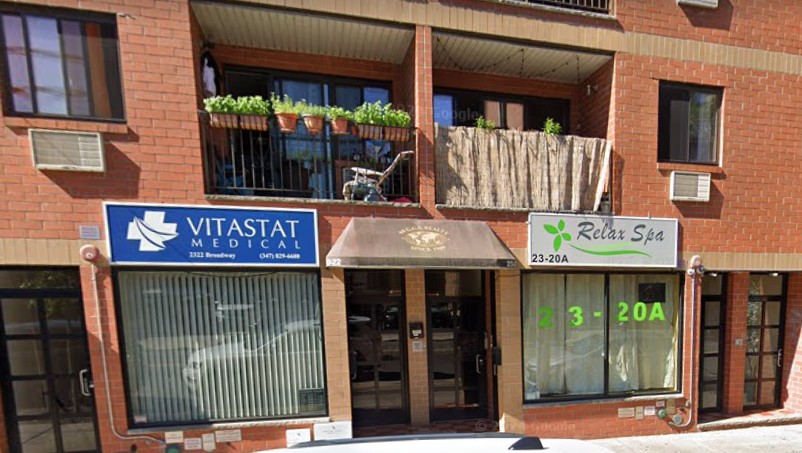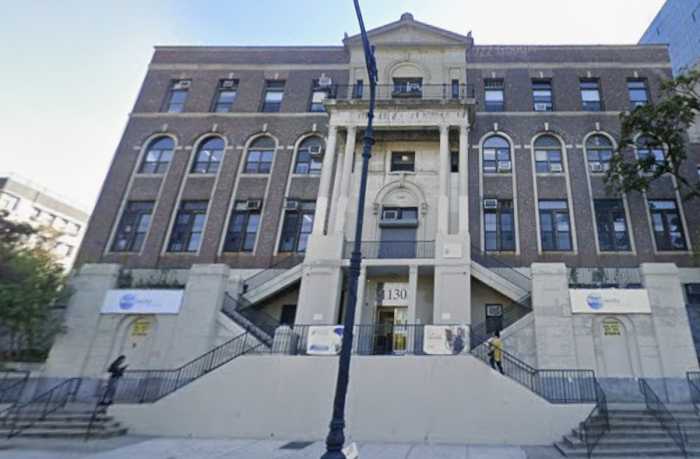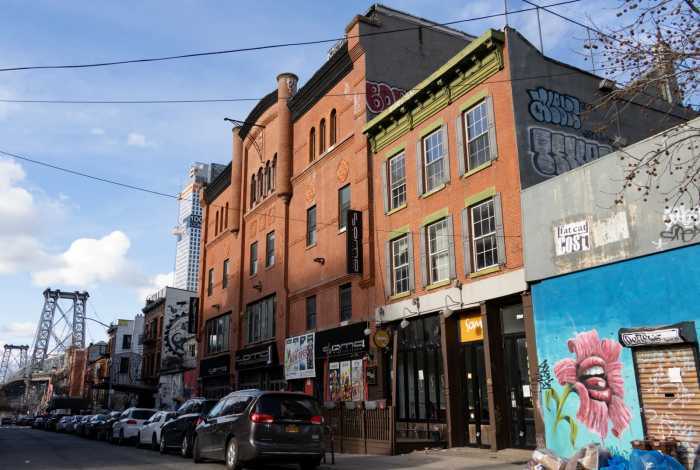
The fight against biometric systems in public housing has landed on Capitol Hill.
A bill introduced by Rep. Yvette Clark (D-NY) would bar facial recognition systems and other biometric identifiers from most rental developments that receive financial assistance from the Department of Housing and Urban Development.
Facial recognition, among other systems including voice, fingerprint and DNA identification, would be prohibited from federally assisted housing covered under the bill. The legislation is co-sponsored by Rep. Ayanna Pressley (D-MA) and Rep. Rashida Tlaib (D-MI).
“Someone living in public housing should not be the guinea pig for the emerging technology of biometric facial screening, just to enter their own home,” Clarke said in a statement.
Clarke’s district encompasses Brownsville and Atlantic Plaza Towers, a two-building complex with over 700 units where residents have fought against a proposal to use biometric identification at its entrances. The technology proposed by landlord Nelson Management Group to state agency Homes and Community Renewal, which oversees rent-regulated buildings, would survey a person’s facial features in an attempt to identify them as an existing tenant.
But biometric scanners can be mistaken, the lawmakers argue, especially when it comes to identifying people of color and women.
“Vulnerable communities are constantly being policed, profiled, and punished, and facial recognition technology will only make it worse,” Pressley said, adding that the push for regulation was founded on a need to safeguard tenants’ “civil rights and civil liberties.”
The bill would also mandate HUD’s secretary to compile a report on biometric technologies used in federally assisted housing, covering a five-year period before its adoption into law. It would further describe the buildings’ demographics, and explain the technologies’ potential implications for “vulnerable communities,” according to the bill.
“We must be centered on working to provide permanent, safe, and affordable housing to every resident – and unfortunately, this technology does not do that,” said Tlaib.



